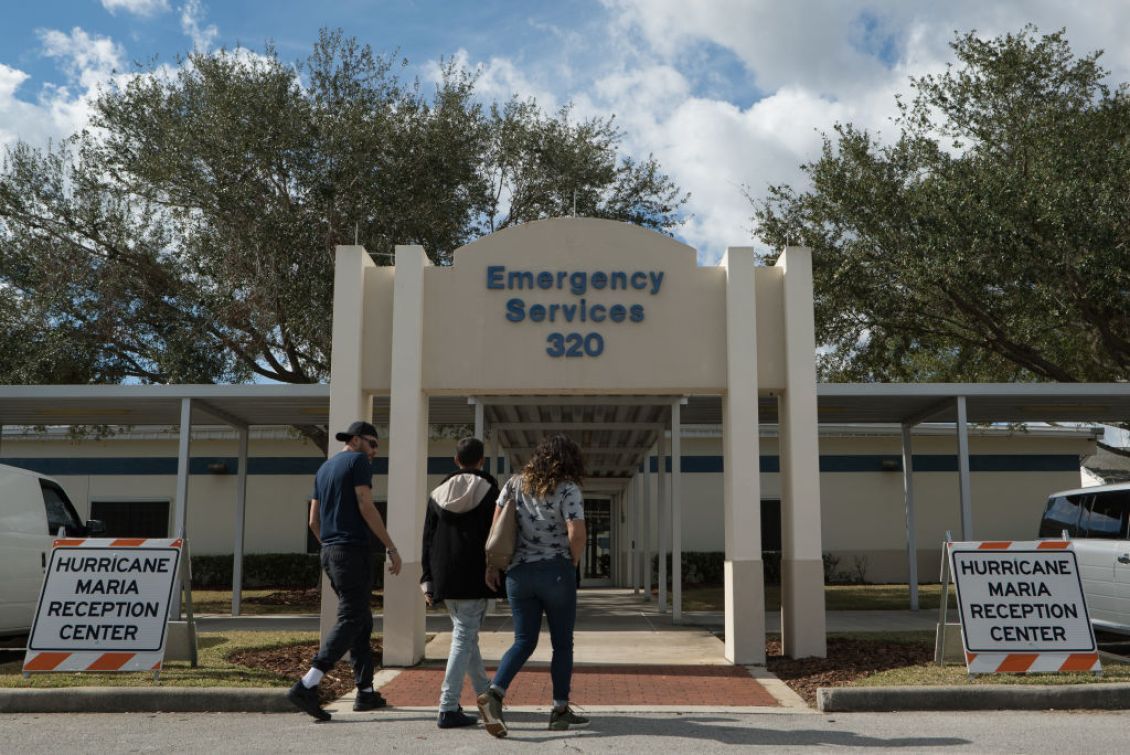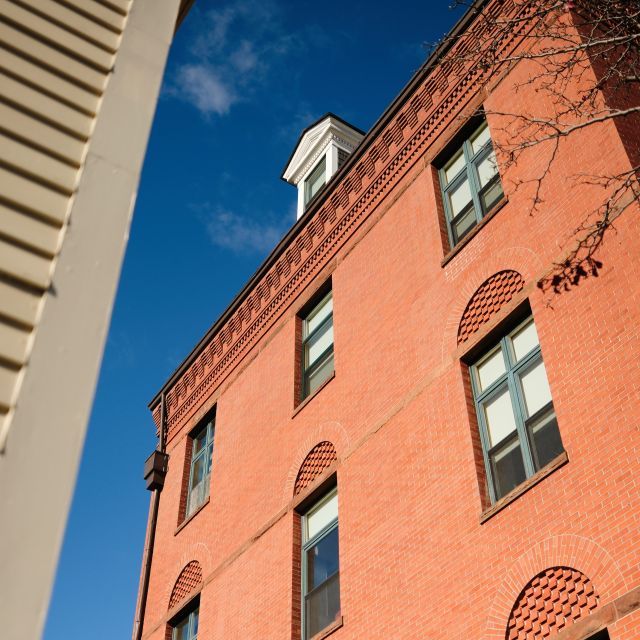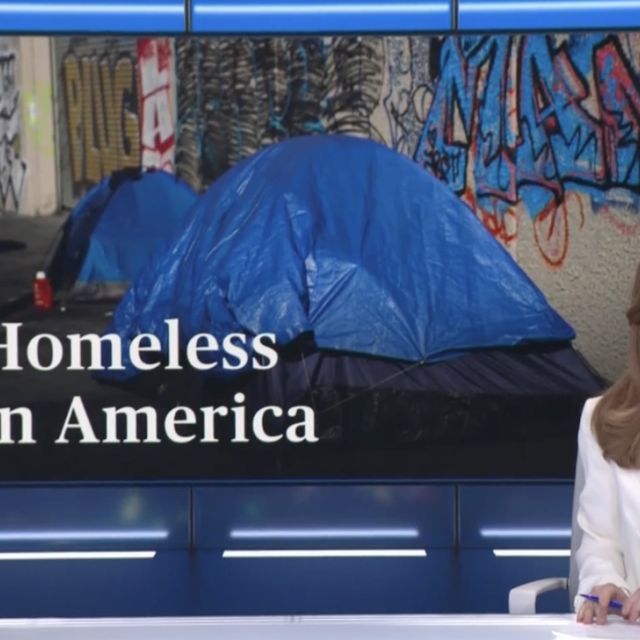A bipartisan group of senators recently reintroduced the Reforming Disaster Recovery Act, a bill that would permanently authorize the federal government’s long-term disaster recovery program.
The permanent authorization of HUD’s Community Development Block Grant Disaster Recovery Program – known as CDBG-DR - is a top policy priority for Enterprise. As the country’s primary long-term disaster recovery program, CDBG-DR fills unmet needs that are not addressed by the Federal Emergency Management Agency’s response, insurance coverage, or Small Business Administration loans. It is frequently the only source of funding to help rebuild the homes and restore the livelihoods of people of modest means in the wake of a disaster.
The Reforming Disaster Recovery Act (S.1686) was introduced by Senators Brian Schatz (D-Hawaii), Susan Collins (R-Maine), Thom Tillis (R-N.C.), Roger Wicker (R-Miss.), Patty Murray (D-Wash.), Cindy Hyde-Smith (R-Miss.), Alex Padilla (D-Calif.), Todd Young (R-Ind.), Ron Wyden (D-Ore.), Chris Van Hollen (D-Md.), Bill Cassidy (R-La.), Jon Tester (D-Mont.), Ben Ray Luján (D-N.M.), and Cory Booker (D-N.J.).
CDBG-DR clearly has strong support from Congress having received nearly $100 billion in appropriations since 1993. Still, the program is currently unauthorized, a situation that has a dire impact on our response to disasters nationwide. Without permanent authorization, it can take almost two years for CDBG-DR funds to begin reaching impacted communities. Where other federal agencies have standing resources and authority to quickly serve communities when disasters strike, HUD requires congressional approval and must write a new set of regulations to guide state and local grantees each time the agency needs to deploy CDBG-DR resources.
States and local jurisdictions must then develop new programs and guidelines to distribute the funds, a lengthy process that further delays getting the money to those who need it most. This also can result in inequitable treatment of survivors from one disaster to the next. Funding delays often mean vulnerable populations with limited resources continue living in damaged or compromised homes while waiting for an opportunity to request long term recovery assistance.
In addition to codifying CDBG-DR in statute, S.1686 contains critical reforms to help ensure more efficient and equitable post disaster recovery and mitigate future risks by:
- Authorizing the creation of a CDBG-DR Reserve Fund that can quickly disperse initial recovery funding post disasters without waiting for congressional approval
- Maintaining the current requirement that 70 percent of the funds benefit low- and moderate-income people
- Creating a capacity building and technical assistance set aside for grantees
- Requiring federal agencies to share all data to improve coordination of the disaster recovery process, as well as increase oversight and data transparency
- Promoting disaster mitigation and resiliency by establishing an Office of Disaster Recovery and Resilient Communities at HUD
- Creating a significant set-aside for disaster mitigation activities
- Creating specific minimum construction standards for areas designated as Hazard- Prone by HUD and FEMA
These reforms are critical as the nation continues to face catastrophic, life threatening extreme weather events, including stronger hurricanes, extreme heat, unprecedented drought, and severe wildfires. Ensuring that permanent authorization maintains CDBG’s current requirement that 70% of funds must benefit people with low and moderate income is crucial because these events disproportionately affect underserved communities and people of color the most, which can be linked to housing policies from the past and present. The CDBG-DR program is designed to primarily benefit communities that lack the resources to rebuild.
Enterprise has worked closely with the Reforming Disaster Recovery Act champions in the Senate and is grateful for their commitment to improving the nation’s disaster response. We will continue our efforts to support advocacy to build support for the bill, which if enacted would provide clarity and consistency for grantees about core requirements, help disaster assistance reach victims sooner, and ensure funds are equitably distributed. Codification is an important step towards achieving effectiveness and accountability in long term disaster recovery.
To stay up to date on the process as it moves through Congress, subscribe to our Today in Housing and Capitol Express newsletters.



